CURRICULUM
Language: Children are given twenty spelling list words and five challenge words from the reading program. The reading vocabulary is strengthened through the spelling program. Spelling bees and other games are used for review.
Reading: The spelling words and the challenge words are incorporated into the reading stories to make for ease in oral reading. A story is read each week and phonics, as well as various focus skills (such a narrative elements, inference, summary, etc) are taught with the stories. Participation in the Book-It program is required. Academic progress and guided instruction is monitored through online diagnostic testing, three times a year.
Math: Instruction centers around six units in the math text book. The curriculum includes use of whole numbers and decimals, algebra, data and graphing, multiplication and division, fractions, algebra and geometry, measurement and probability, ration and percent. Academic progress and guided instruction is monitored through online diagnostic testing, three times a year.
Science: The students investigate nature, study mammals and complete individual reports and projects. The next main unit involves energy and engines, where students have an opportunity to work in groups and design or demonstrate how energy works. Other units include wonders of the sky and watching the weather.
History: A major part of the studies is in ancient to modern history in Asia, Africa, Europe, Australia, Oceania, and Antarctica. The text intertwines biblical happenings with historical accounts of the Fertile Crescent, the ancient Middle East, the area of the Nile, and ancient Greece and Rome. They study events in England, Scotland, Ireland, and other countries in Western and Eastern Europe. Christianity, the greatest force in History, spans the time from early Christians to the Reformation and beyond. Reading maps is also stressed with comparing maps in the atlas to the globe. Students provide information for the study guides through critical reading and note-taking skills. Evaluation is also made on oral and written reports.
SPECIAL SUBJECTS
Art, Chapel, Bible, Missions, Physical Education, Spanish, Music
ACADEMIC EVALUATION
Students are assessed by qualified teachers using both objective and subjective data to determine grade level readiness. Grading is completed during four (nine-week) report periods. Parent conferences are held following the first grading period. Additional conferences are scheduled upon request.


